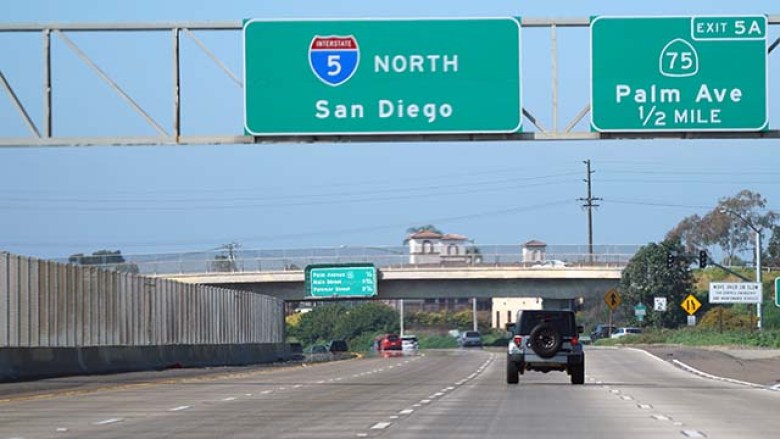
Roaring back? The local consumer economy appears to be doing surprising well as California emerges from the COVID-19 imposed lockdown. Apparently, people want to break away from being house bound, and they want to get out and about.
Many retail businesses up and down the San Diego coast, for example, report they are enjoying brisk sales as strict pandemic restrictions are being eased. This is especially true of Carlsbad, according to a recent report by TV news channel NBC 7.
The owner of a small retail store in Carlsbad’s central business district told a reporter her stored was filled with customers during part of the three-day weekend. And she said sales had been good that for the past several weeks. “If they want it, they’re buying it,” the retailer said.
The parking lot at The Shoppes of Carlsbad retail mall, to name but one commercial center, was jammed with vehicles on the Sunday before the Memorial Day holiday–with stores, restaurants and the multi-screen movie theater filled with customers. And the various outlets were crowded.
Unfortunately, the joy of resurging sales is not true of every community in San Diego. Local TV news department Fox 5 reports that 200 small businesses in San Ysidro have closed this past year due to pandemic-imposed barriers imposed at the U.S.-Mexico border by federal officials.
According to the local chamber of commerce in Chula Vista, sales have plunged to $250 million from $900 million for the one-year period ending in March. A chamber official said 80% of local businesses rely on cross-border customers, which have been absent due to restrictions. Local business owners say they hope that activity will return June 21, which cross-crossing restrictions are to be eased.
* * *
Meanwhile, veteran San Diego new home developer Kent Aden will be inducted into the California Homebuilding Foundation’s Hall of Fame on June 24. Aden, president of HomeFed Communities, is behind the 2,600-acre Fanita Ranch development in Santee and the completion of the 1,980-acre San Elijo Hills project in San Marcos. Previously, he was executive vice president of The Otay Ranch Co., where he helped implement the first phases of the 23,000-acre residential project there that included setting aside 11,000 acres for open space.
* * *
A couple of nonprofit items of note. San Diego meal delivery nonprofit Mama’s Kitchen reports it collected $47,000 from its recent Mam’s Day fund-raising event; a sum greatly helped by a $10,000 match from Sycuan Casino Resort. In total, the resort contributed $25,000 to help support Mama’s Kitchen’s food programs. Other corporate sponsors for event included Hyatt Regency La Jolla at Aventine, Bryan Crail & Tim Reed, Northrop Grumman, Encore Global and Scatena Daniels Communications.
* * *
The San Diego Foundation has awarded a $35,000-plus grant to Foundation for Women Warriors. The funds will be used to help provide relief to women veterans and their families. The foundation says that 70% of its clients are single mothers.
* * *
Finally. A San Diego startup has come up with technology that enable grocery shoppers to avoid the dreaded check-out stand. San Diego-based Accel Robotics says it is opening its first Valet Market, an automated food store, here in the city. “Consumers can grab-and-go items without having to wait in line for traditional or self-checkout—and enabled with proprietary delivery services,” according to a spokesperson for the company.
The 1,500-square-foot market of the future is located in one of the newest residential buildings rising in San Diego’s East Village.
Valet Market customers will be able to use a mobile app to check into the store while a camera-based AI system totes up purchases for checkout. The app then deducts for the bill and prepares a receipt. A spokesperson said Accel is in negotiations with several national retailers as part of a roll-out plan for its fully automated stores.
The company has raised more than $35 million in venture capital — a nifty sum — since beginning life in San Diego’s tech accelerator EvoNexus six years ago. Accel joins a crowd of competitors competing in this space, including national retailing behemoth Amazon, which will allow existing retailers to adapt their stores to this new robotics technology.
Show comments